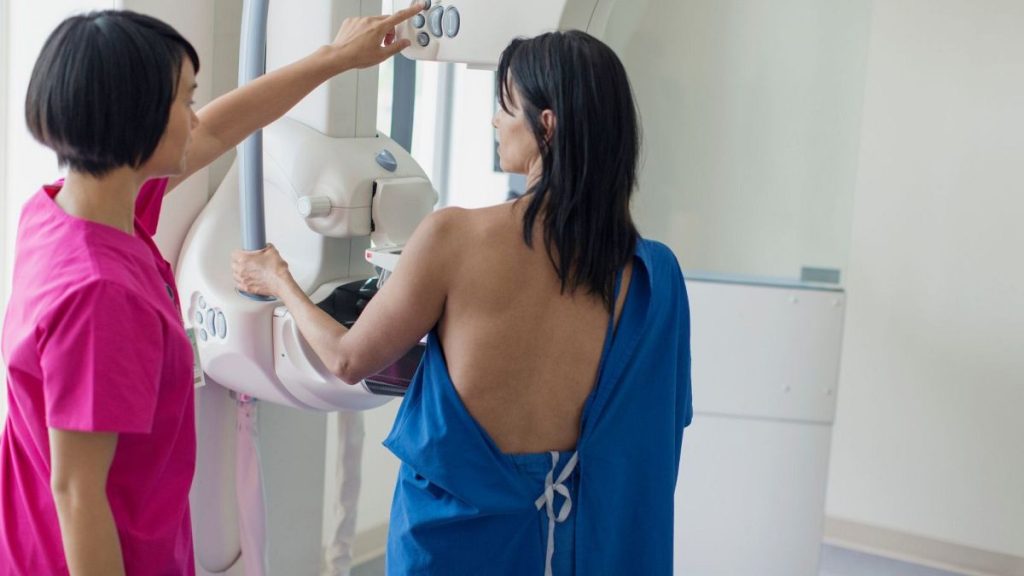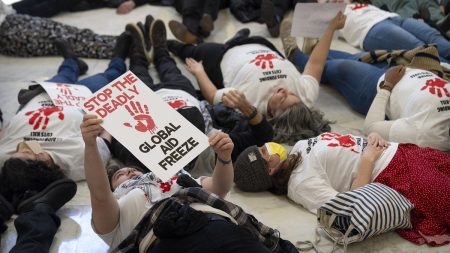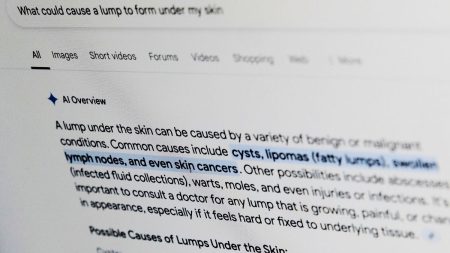Cancer screening across Europe reveals a complex landscape where significant variations exist among countries in adherence to recommended practices. The European Union (EU) has set an ambitious goal for 2025, aiming for 90% of eligible individuals to be screened for breast, cervical, or colorectal cancers. However, a recent analysis indicates that the likelihood of being screened significantly depends on geographic location. The EU’s beating cancer plan underscores the importance of early detection in enhancing patients’ remission and survival rates. The report from the European Cancer Organisation meticulously examined more than two dozen data points related to cancer screening, including the uptake rates for the aforementioned cancers, the recommended intervals between screenings, the extent of public health coverage for these screenings, and the specific testing methods employed across different nations.
The analysis highlighted that while Slovenia, Portugal, and Norway largely align with EU screening guidelines, countries such as Bulgaria, Romania, and Greece lag significantly behind. This disparity is not just in screening rates but also in the structural frameworks of national cancer programmes. For instance, Bulgaria, Lithuania, and Romania are noted for lacking comprehensive screening initiatives for breast cancer, while a further six countries do not provide adequate programmes for colorectal cancer, and eight lack sufficient cervical cancer screening initiatives. This inconsistency points to a broader issue within the EU’s health policy, where even the countries aspiring for compliance are not able to fully implement all recommended practices. The focus on early detection and proactive screening is critical, given that the most prevalent cancers in the EU include breast, colorectal, prostate, and lung cancers, with the deadliest forms being lung, colorectal, breast, and pancreatic cancers.
Moreover, the variability extends beyond national borders, with significant disparities observed within countries based on socioeconomic factors such as education levels, income, and urban-rural divides. Notably, Bulgaria emerges as the country with the highest inequality in cancer screenings, while the Czech Republic exhibits relative equality in access to these screenings. Such disparities highlight the multifaceted nature of health inequality, where marginalized populations may face barriers in accessing timely and effective cancer screening services. These intranational differences emphasize the necessity for tailored approaches that consider local contexts when implementing cancer prevention and control strategies.
Screening, however, is merely one element of cancer detection, as studies indicate that a substantial portion of cancers is diagnosed outside of formal screening programs. For example, in Denmark—a country noted for its high screening rates—only 7.5% of cancer cases were identified through screening initiatives as of a 2021 study published in Cancer Epidemiology. This statistic underscores the critical role that primary care providers, medical specialists, and emergency services play in the early identification of cancer cases, often leading to diagnoses through sporadic interactions rather than a structured screening process. The data points to a potential gap in understanding the full scope of cancer detection and emphasizes that screening is not the sole pathway to effective diagnosis.
Additionally, the report from the European Cancer Organisation raises concerns regarding the public health infrastructure and political will in various countries to adhere to EU guidelines. Countries with comprehensive and well-coordinated cancer control programs tend to have better screening rates and lower cancer mortality. In contrast, those lacking in either resources or political commitment to public health goals see substantial gaps in effective cancer screening strategies. The inconsistencies in implementation signify a need for strengthened governance on health policies, improved funding for cancer control, and greater collaboration among EU states to close the gap in disparities.
In conclusion, the landscape of cancer screening across Europe is marked by notable inconsistencies and challenges that reflect broader social determinants of health. While progress is being made toward achieving the EU’s screening targets, the reality is that a one-size-fits-all approach may not be feasible. To effectively increase screening rates and reduce cancer mortality across the continent, there must be concerted efforts to address inequalities, enhance public health infrastructures, and promote the importance of early detection through comprehensive screening programs, while also acknowledging the essential role of primary care and other healthcare pathways in diagnosing cancer. The path forward requires a cohesive strategy that addresses both the systemic barriers to screening and the necessity of equitable access to timely, effective cancer care.














